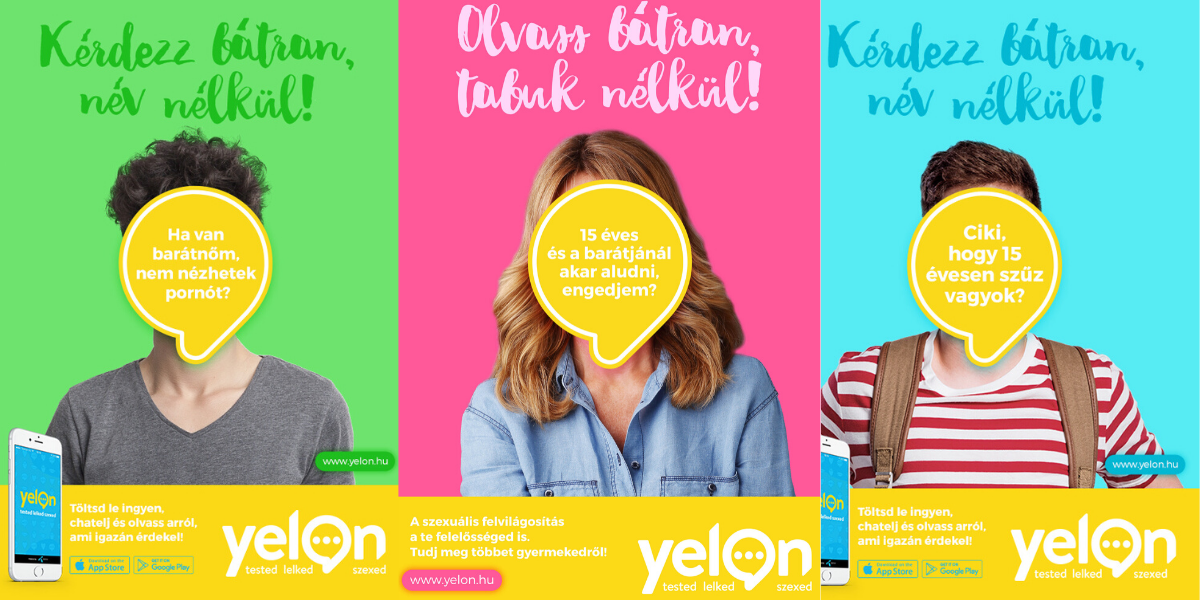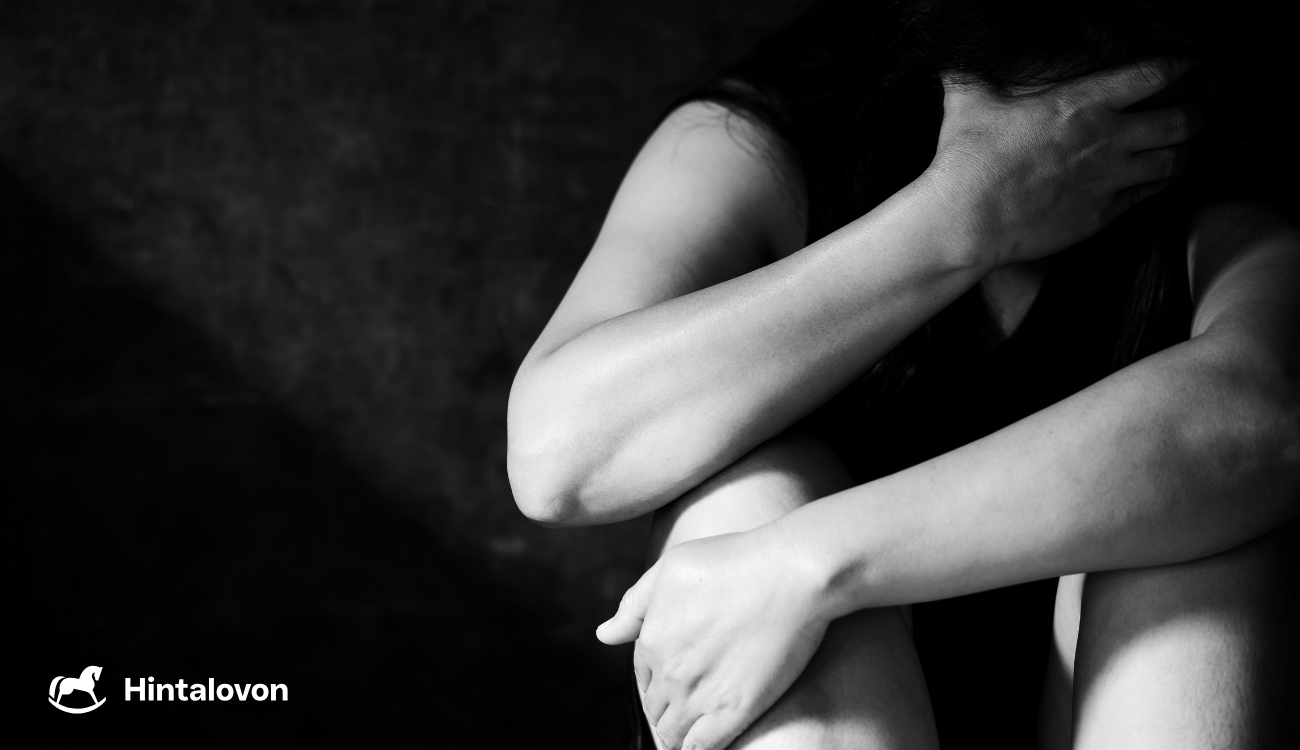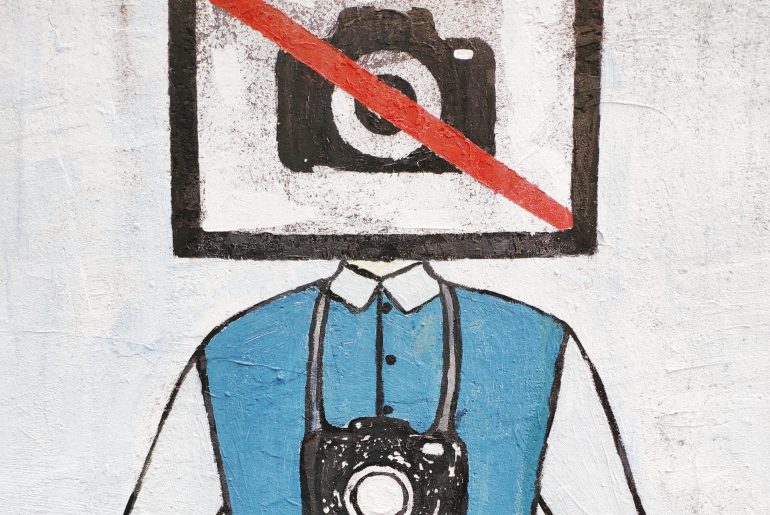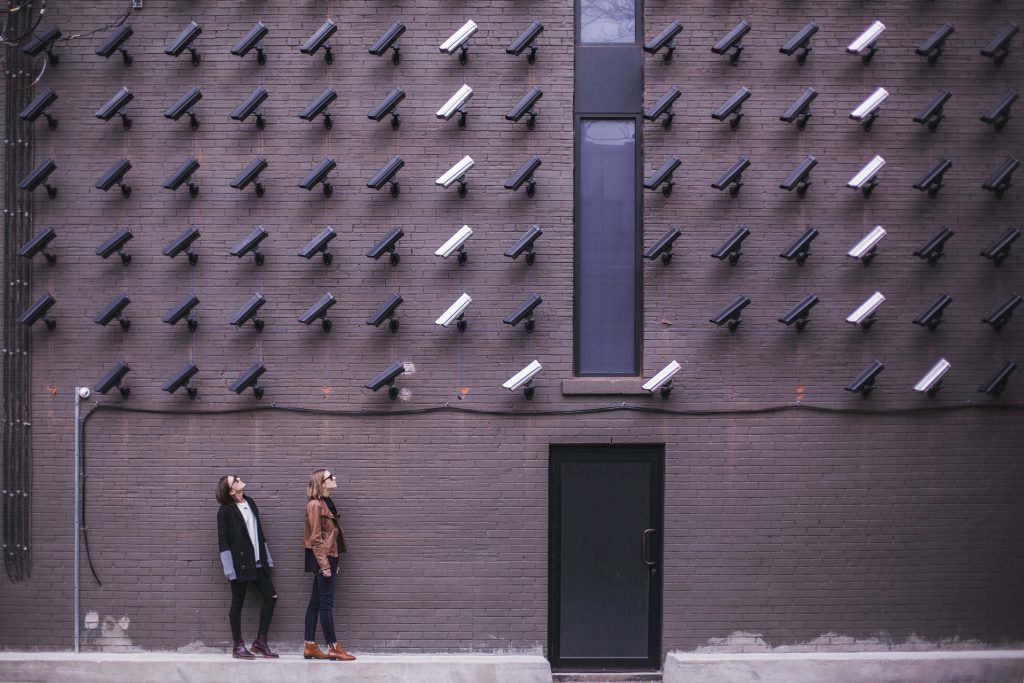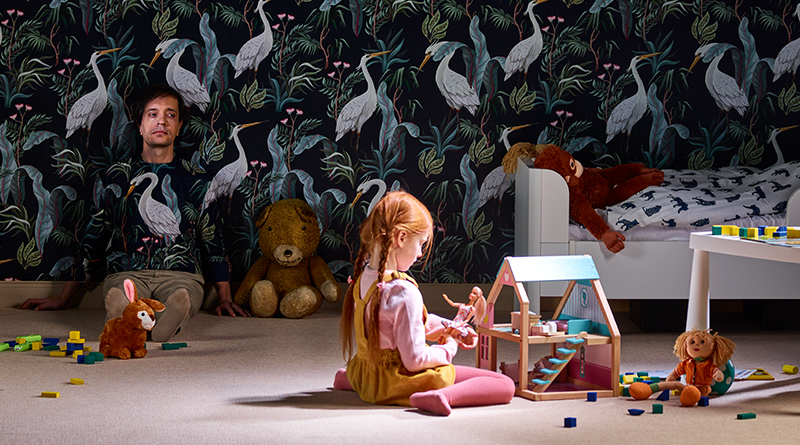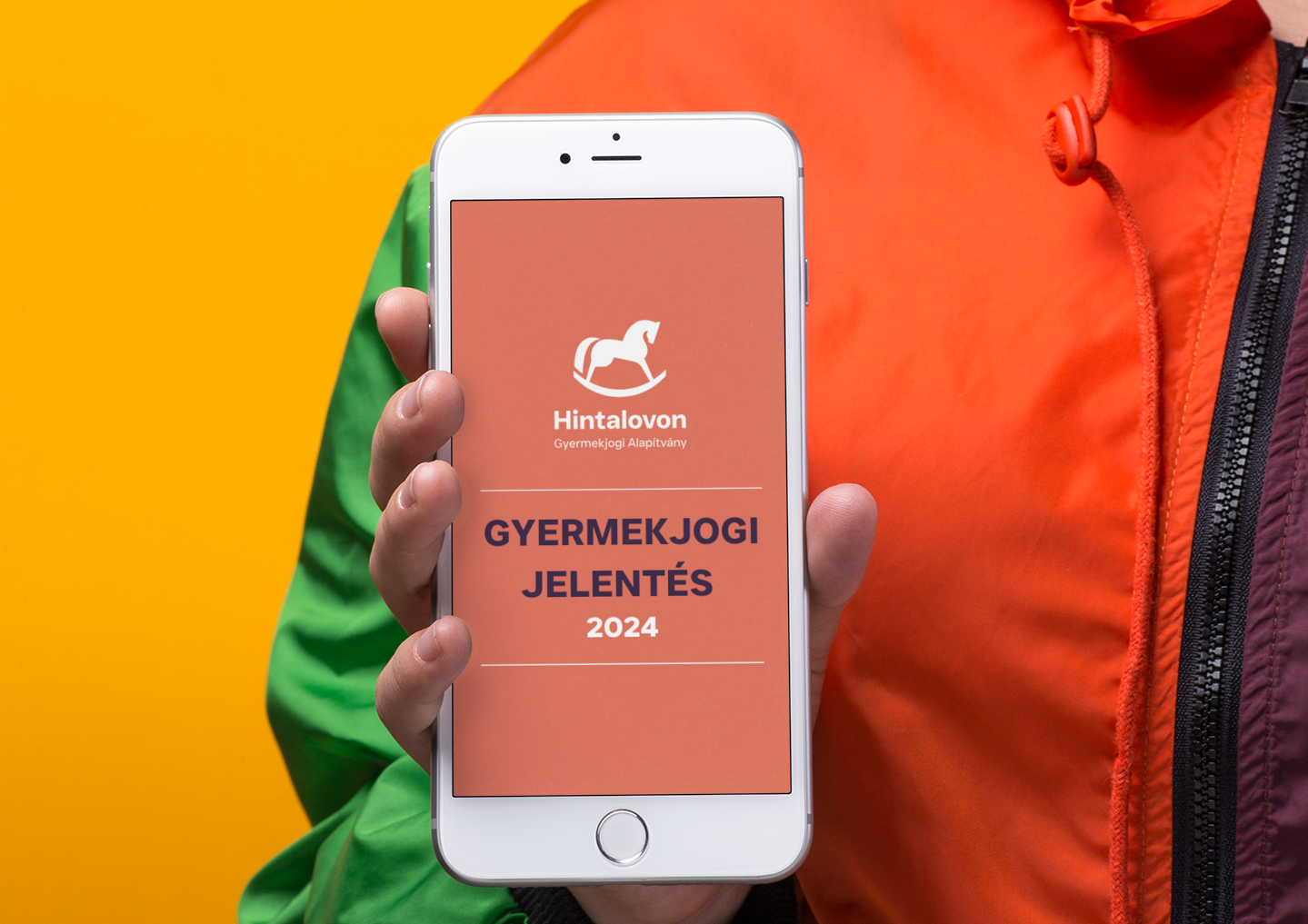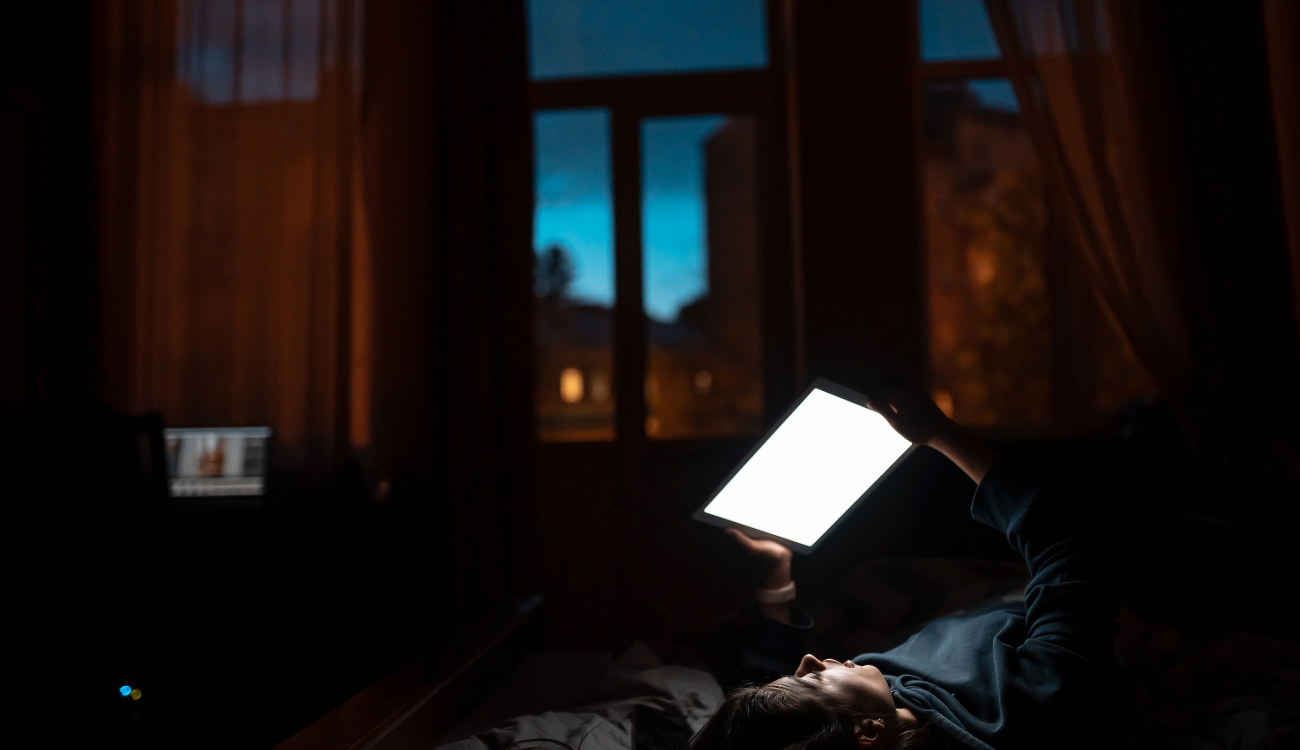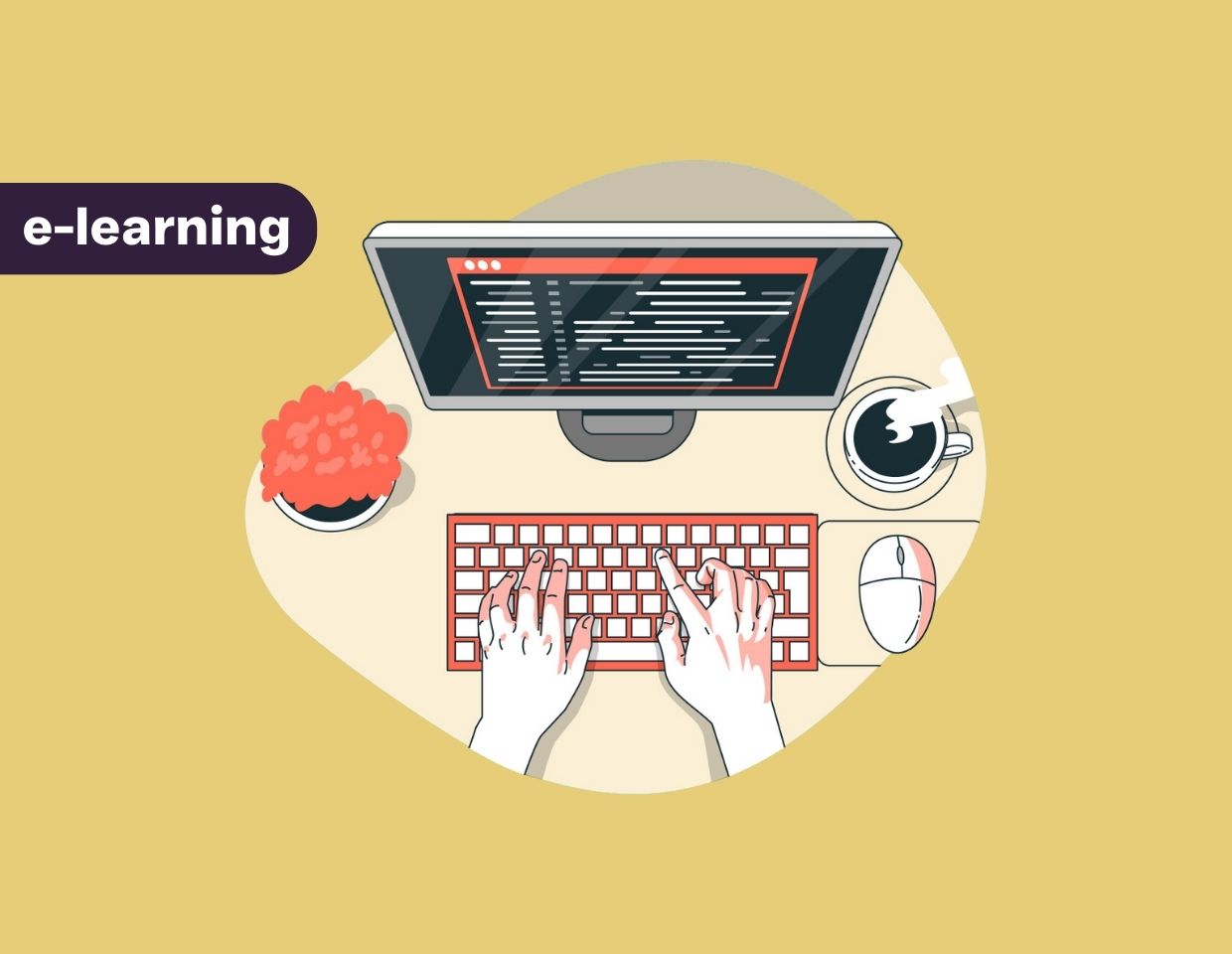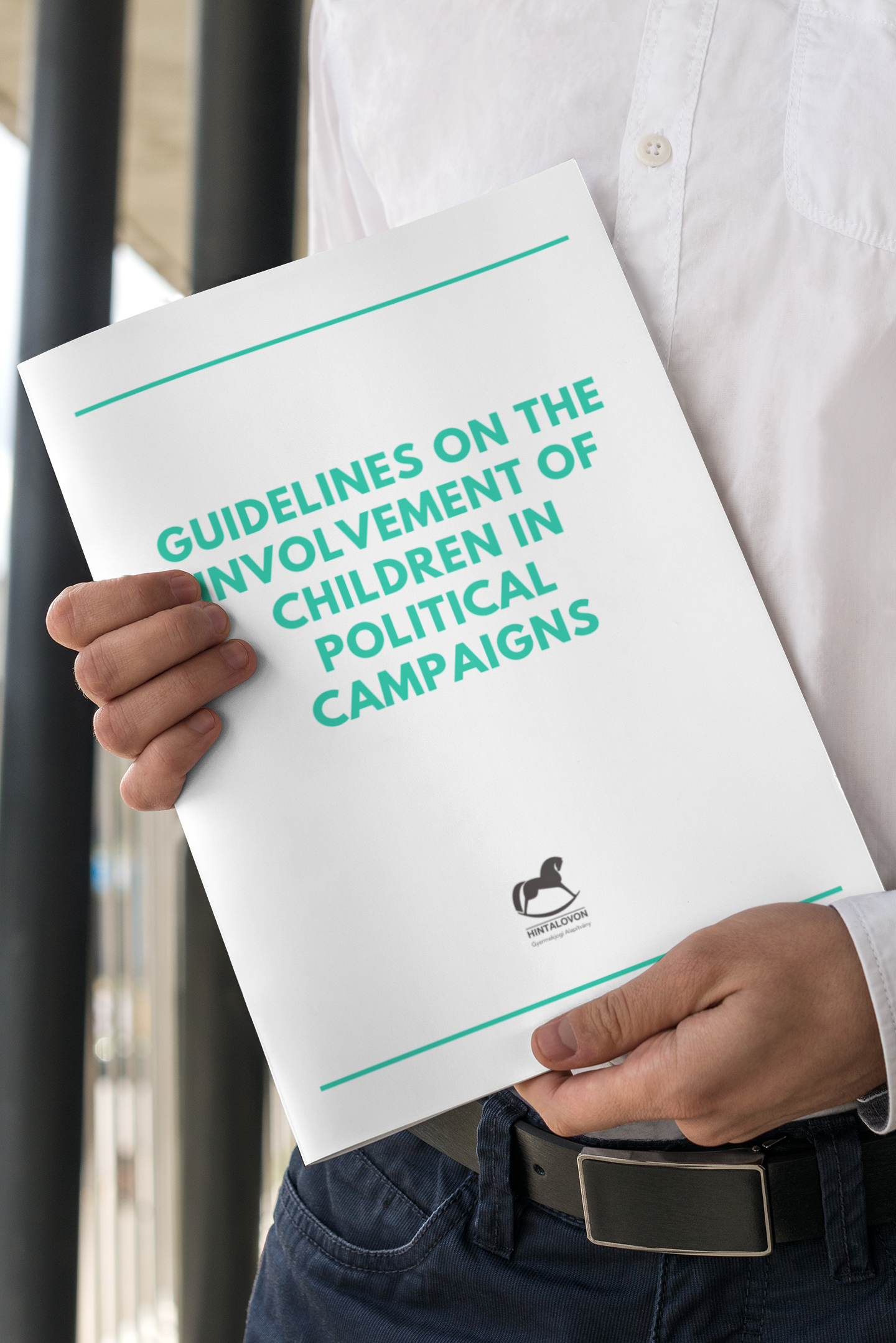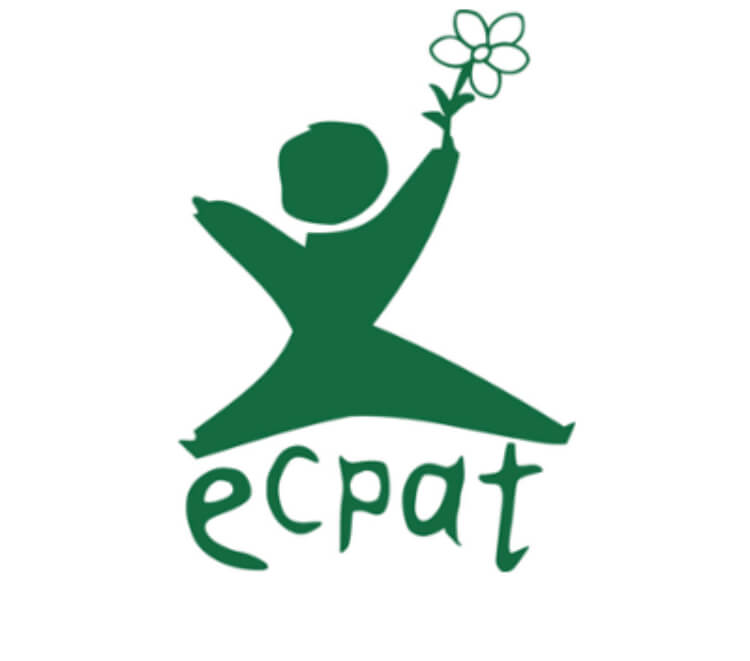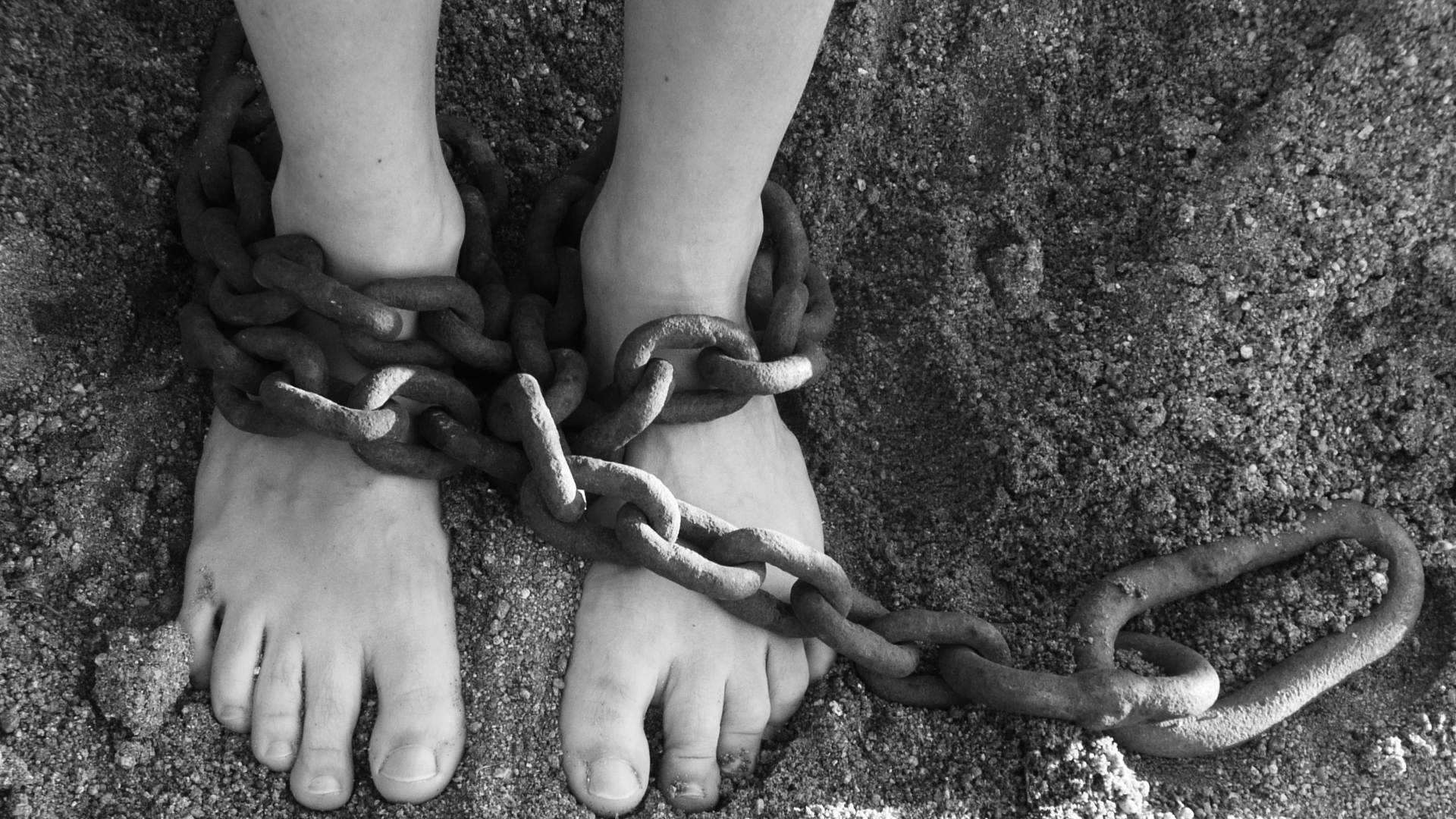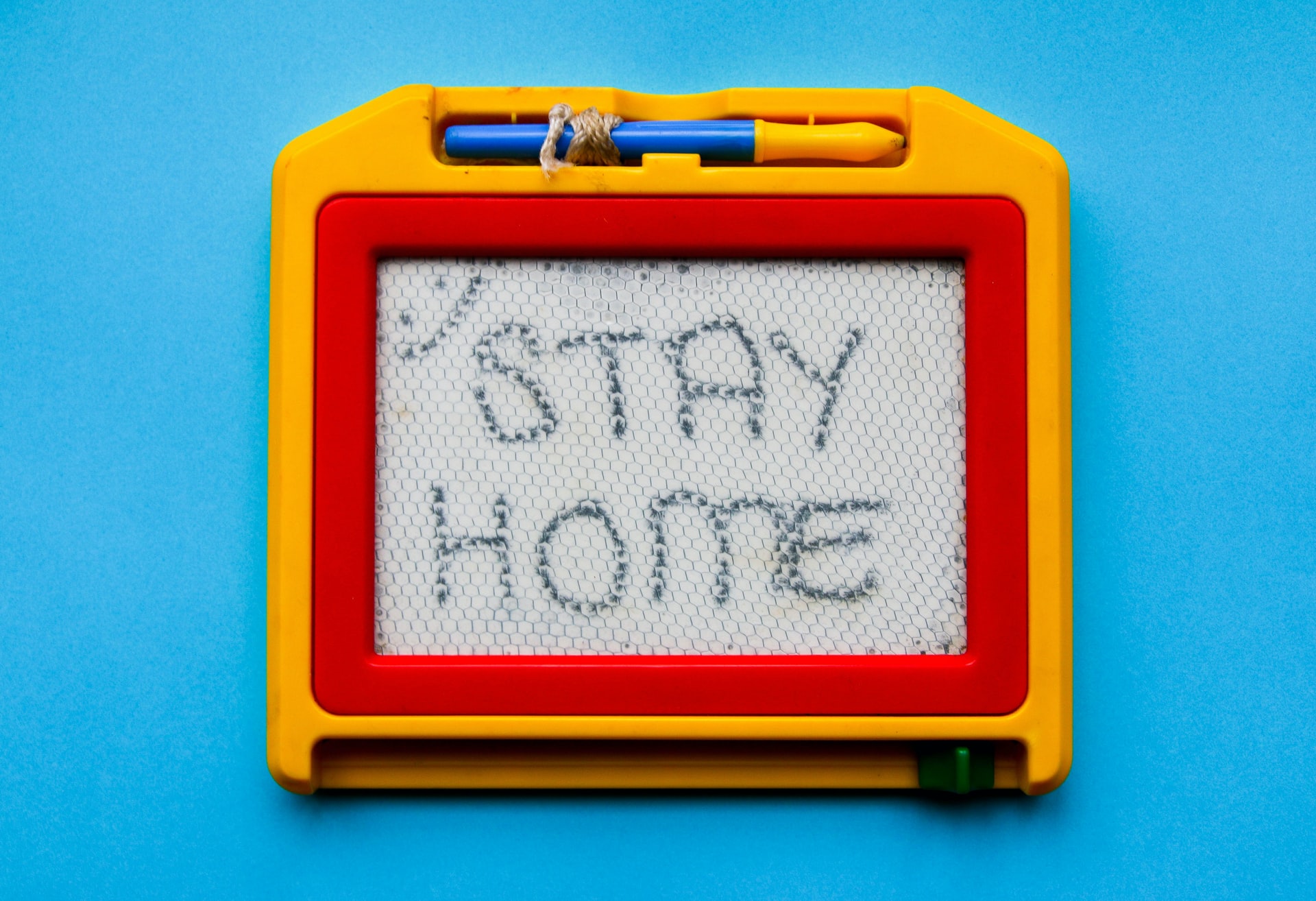There are some questions that we are so unable to answer that we even avoid thinking about them. As a teenager, parent, family member or teacher, it is in our best interest to learn how to talk about these. If we can find the right words, we can make sure that no child or a parent is left with unanswered questions.
Anyone who has sufficient information about their body, relationships, sexuality or about public affairs is much less vulnerable and thus more safe. They know what is healthy and recognise what is not, be it a touch, an inconvenient secret, eating or body image disorders. They will learn to say no, even to a shared photo, and will know where and how to ask for help, be it for themselves or for a loved one.
Yelon: you are not alone.
For young people
Children can find out about issues that affect them on the yelon.hu website. They can use the chat available on the site, Facebook and Instagram. On the website, you can read honest, fact-based, taboo-free content compiled by professionals that is appropriate for their age. They can chat anonymously and for free with the Foundation’s qualified volunteers.
Young people can use the chat to share about their bodies (puberty-related physical changes, and “firsts” from kissing and ejaculation to menstruation), relationships (friendship, love, being excluded, school, family), mental health (sadness, loneliness, anxiety) public life (climate crisis, children’s rights, education), their concerns, insecurities and fears. The Yelon program volunteers will invite them to think together about these. In line with the Foundation’s principles, we believe that in matters that affect one’s life, the most competent person is the one involved, and that every child is able to make the best decision for themselves once they have the necessary information.
In order to keep the children who turn to Yelon and the adults who work with them safe, we make sure that volunteers have a serious professional background and go through a long, nearly half-year, multi-stage, 7-step selection and training process (e-learning, examinations and shadowing). In addition to experts in the field, Yelon’s articles are always reviewed by contemporary authors and shaped by suggestions and comments from the Child Rights Ambassadors.
For parents, teachers
Parents and teachers can collect up-to-date, child-centred information on parenting issues at yelon.hu/szuloknek and the “Parenting can be learned” facebook page, from digital parenting and sexual education to difficulties at school. They can also find out about current events, developments and outcomes of the Hintalovon Child Rights Foundation in our newsletters. In addition to expert content, current affairs are also prominently displayed on Yelon, including questions related to distance learning as a result of the coronavirus, issues with social media (Snapchat, TikTok,) or public issues affecting children’s lives.
We try to help adult society learn about the rights of children and increase their access to tools necessary for enforcing them, as well as to ensure that they are skilled at recognising rights violations, asking for help and finding solutions.
What does sex-education have to do with children’s rights?
Every child has the right to a safe childhood, and we do not know of a better tool than sexual education to prevent child abuse and abuse of power. It all starts with giving “the talk” to parents, because while “the talk” is a direct, one-time speech (often more of a lecture), in reality, sex education is a continuous communication: a dialogue appropriate for the child’s age and maturity, reflecting his questions and insecurities which go far beyond sex and sex-related information. It affects the child’s self-image, social skills, relationship with eating and relationship with their reflection, sense of security, coping strategies, resilience to difficulties, or even their confidence in adults, peers and themselves.
Young people are exposed to more and more sexual stimuli, while they rarely receive real and credible answers to their own questions and concerns. They are naturally interested in their own bodies, but sexuality is also taboo in most families and schools, so children’s curiosity is often satisfied by the internet. This desire for knowledge can put them in dangerous situations – and young people who do not receive adequate information about their bodies and sexuality may be prevented from developing a healthy self-image and sexuality. We believe that children have the right to access professional and accurate information appropriate for their age on platforms and forums that they like to use. Moreover, parents, teachers, and adults that are responsible for children may need extra help so that they don’t feel like they are lacking the right resources.
At the same time, Yelon strives to answer young people’s questions and to prepare parents and teachers on how to engage in dialogue to ensure safe childhood, and in turn, balanced adulthood.
Results of the program
Yelon started its operations in February 2017 with 3, then 4, evening shifts per week, and the feedback we have received so far justify its existence. The program employs 50 people, including 30 trained volunteer chat managers, who currently receive an average of 270 inquiries per month. The content on the site is visited 24,000 times a month and there are over 500 articles.
Awards:
